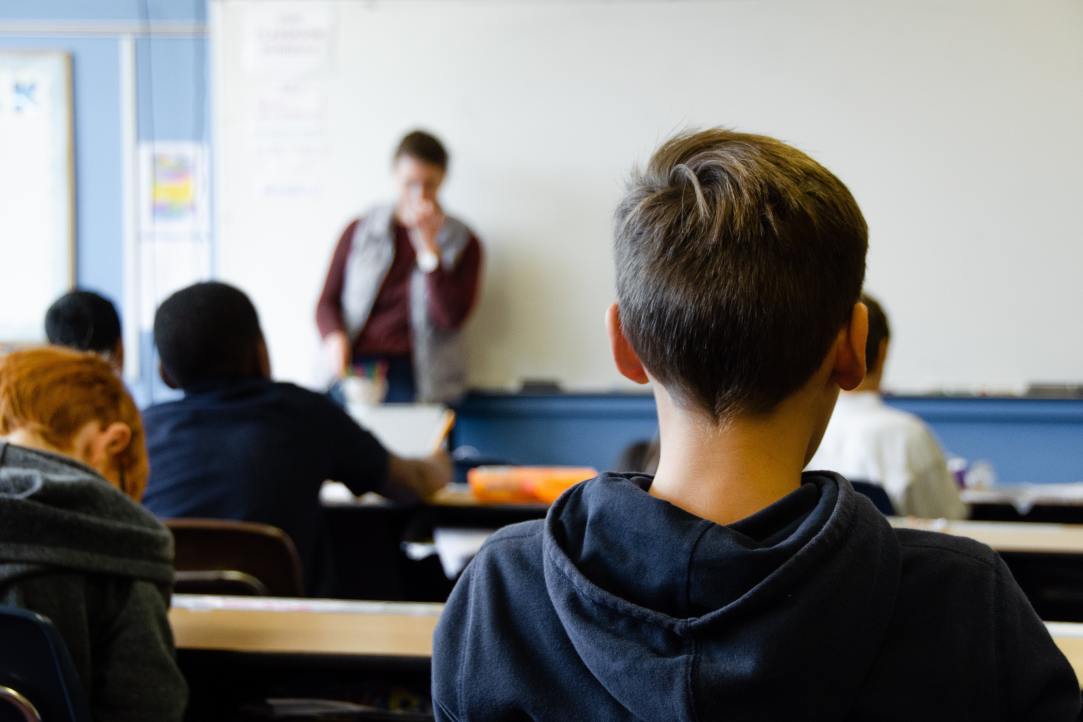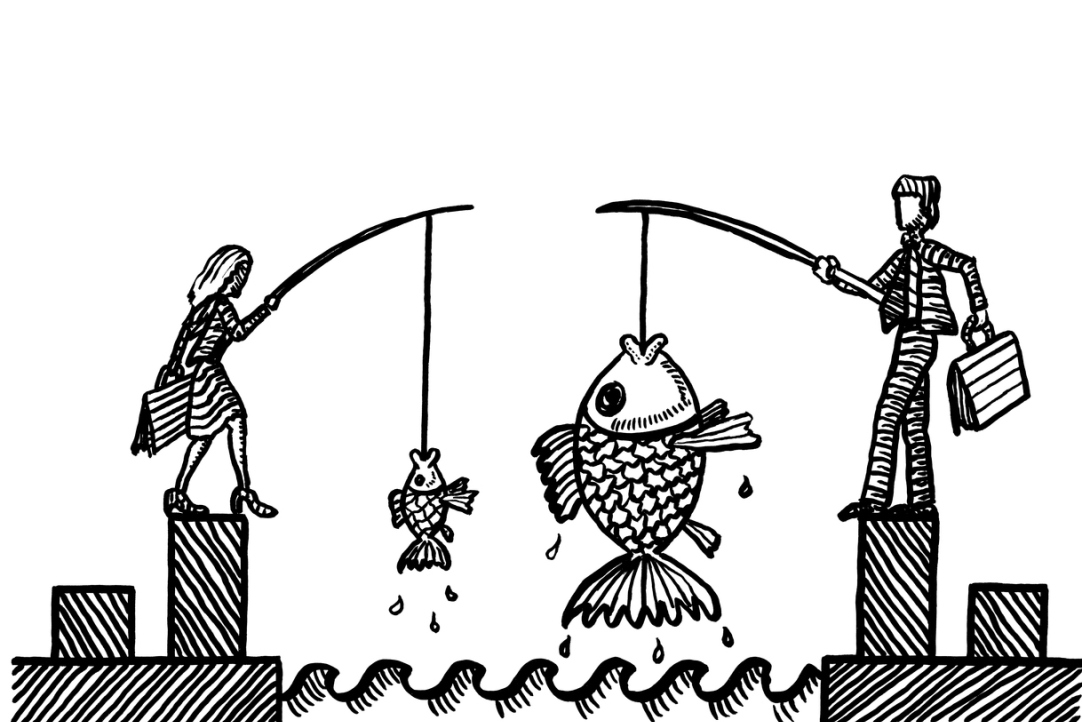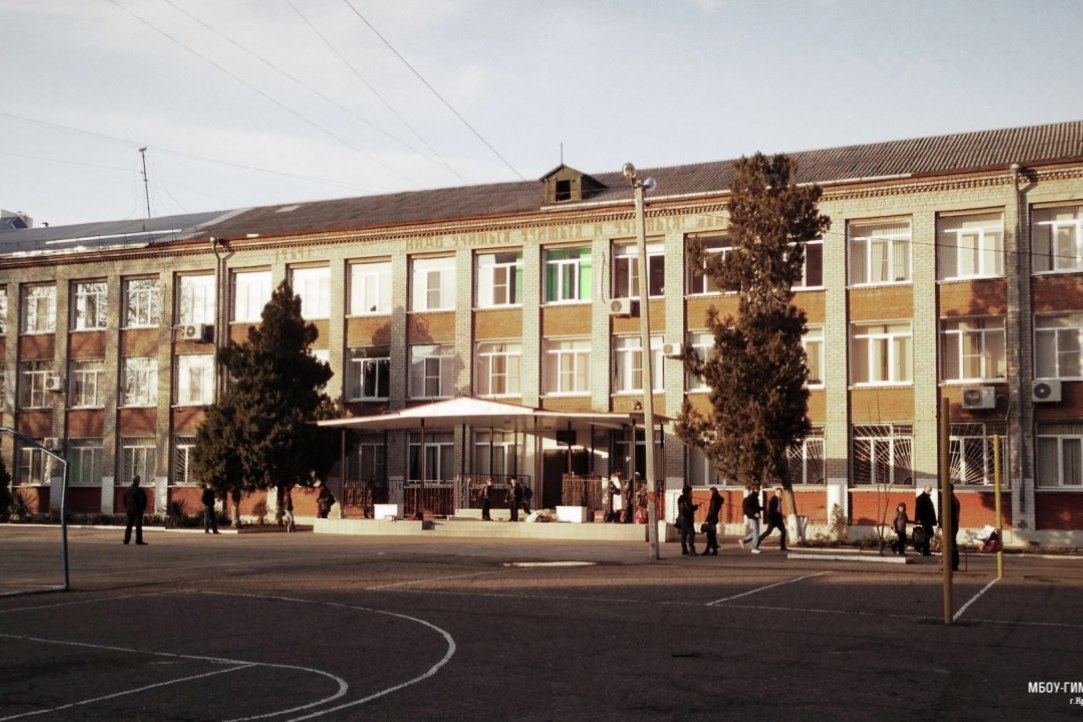
Degree from Home: The Difference between Online and In-person Learning for Technology Students
The Covid-19 pandemic has forced universities to switch to online learning, which will probably foster the development of online higher education. HSE University researchers joined forces with their American colleagues to demonstrate that online learning at university can be as effective as traditional in-person education. Their research used the example of technology disciplines.

Unequal Access Codes: What Helps and What Hinders Access to Good Education in Russian Regions
Researchers at the HSE Institute of Education have used regional data to describe, for the first time in Russia, how inequality in access to education affects different parts of the Russian Federation. The research findings reveal that the key determining factors are the local economy and the proportion of people with a university degree: urbanised regions with well-developed economies and educated inhabitants are more likely to have good-quality schools, with a large proportion of students scoring highly in the Unified State Exam and going on to university. In contrast, poorer regions with low human capital see many of their school students drop out after the 9th grade, limiting their chances of further education.

Male Privilege: How Job-Related Training Perpetuates Gender Inequality
Additional certification and training courses can not only affect an employee’s pay grade and career, but their sense of control over their life. Employees who have ‘upgraded’ their professional knowledge and skills find it easier to manage problems both in their personal lives and in the workplace. However, the trend does not hold equally for men and women. A study by Natalia Karmaeva and Andrey Zakharov of the HSE Institute of Education shows that men reap more benefits than women.

Free Will or Fate? Why Russian Children Rarely Switch Schools
Unlike many other countries, Russian children’s educational path is decided from an early age. Starting with the first grade, parents try to send their children to schools where they can remain until they graduate after either the 9th or 11th grades. Moreover, many families do not use the opportunity available to them to transfer their children to a better school partway through their education. The result is that inter-school mobility remains low and a child’s educational path is often hard-wired early on, HSE University sociologists in St. Petersburg found.

Following in the Parents’ Footsteps
Children from families with high professional and educational status are twice as likely to enter a prestigious university as their peers from low-resource families, HSE University researchers have found. The ‘privileged’ adolescents benefit from strong family attitudes towards a good education, parental investment in their studies and the high academic performance associated with it. At the same time, even when they have good grades, students from poorly educated families do not even try to get into prestigious universities.

Per Aspera — But Headed Where?
Russian doctoral school — that only recently switched to the model of structured programmes — is once again at a crossroads. Which is better: the new model or traditional mentoring? And should postgraduate students be considered young scholars or ‘mature’ students? In her report to the Tenth International Russian Higher Education Conference, Natalia Maloshonok shared the views of doctoral research advisors on these and other questions.

International Partners’ Week at HSE: Preparing Students for an Uncertain Future
On June 18, the third International Partners’ Week ‘Academic Agility: Preparing Students for an Uncertain Future’ began at HSE University. The event brings together representatives of more than 30 universities from 16 countries, including France, Italy, Germany, the Netherlands, Turkey, the USA, Finland, the United Kingdom, and China. They have all come to Moscow to learn more about the kind of learning experience HSE University can provide, as well as to discuss practical challenges and solutions regarding international mobility.

General Assembly of International Academy of Education Meets at HSE Moscow
On May 23-24, following the Days of the International Academy of Education held earlier this week, the General Assembly of the International Academy of Education took place at HSE University Moscow. The assembly brings together education researchers and experts from all over the world, and this is the first time that the biannual meeting was held in Russia. Over the course of two days, members discussed joint projects and publications and met newly inducted members who had the opportunity to introduce themselves and present their research. Members also took part in small group discussions on a variety of topics, including digital literacy and math education.
International Education Experts Gather in Moscow
On May 20, the Days of the International Academy of Education commenced at the Higher School of Economics in Moscow. Experts from all over the world engaged in identifying global education policy trends will hold a series of meetings, master classes, seminars and open lectures. They will share their experience with Russian researchers, instructors and education policy makers over the course of three days.

Odds of Success: How Engagement in Student Clubs Helps Undergraduates Find Good Employment
The more a student engages with various activities on campus, the higher their odds of success post-graduation. According to a study by HSE researchers, not only academic but also research and social engagement, such as participation in student organisations and events, can be linked to the development of critical thinking skills which are essential for general wellbeing as well as career advancement.

